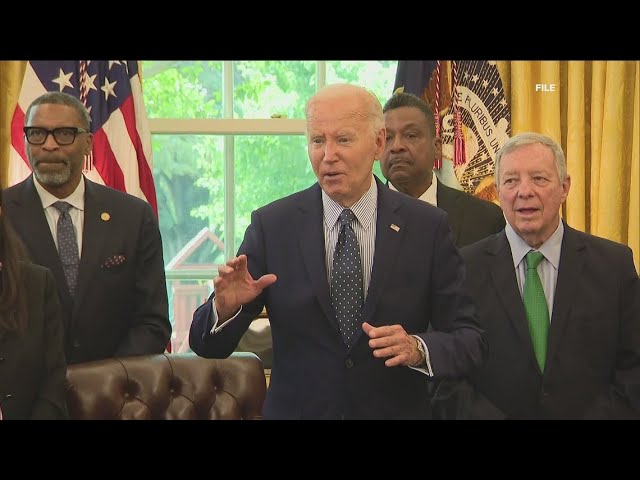The federal law containing the prohibition is similar to restrictions during the nation’s founding, judges said.
A federal law that bars people who have been indicted from receiving firearms is lawful, even in light of recent U.S. Supreme Court rulings, a federal appeals court has concluded.
18 U.S. Code, Secton 922(n) prohibits people from receiving a gun or ammunition if they are under indictment for a crime punishable by more than one year in prison.
“We hold that the government has met its burden of showing that § 922(n) is relevantly similar to pretrial detention at the founding,” U.S. Circuit Judge Priscilla Richman, on the Fifth U.S. Circuit Court of Appeals, said in the unanimous opinion published on Jan. 13.
“This modern regulation ‘fits neatly’ within our nation’s historical tradition of protecting the public from criminal defendants indicted for serious offenses.”
Supreme Court justices in 2022, in a ruling striking down a New York gun law, said that laws implicating the constitutional right to bear arms must be shown to be “consistent with this Nation’s historical tradition of firearm regulation.” Justices added in a 2024 decision upholding a federal gun law that “fits neatly within the tradition” of firearm restrictions in the United States, and that officials only need to show a “historical analogue” rather than a “historical twin.”
Founding-era restrictions that regularly jailed people charged with serious crimes are relevantly similar to the federal law that bars receiving firearms if one is under indictment, Richman wrote in the new decision. She noted that at the time of the founding, burglary defendants were denied bail, and thus disarmed ahead of their trials, in at least five states, while burglary was a capital offense in seven states.
“It is sufficient that the government has shown that many modern-day felonies were capital offenses at the founding and that those indicted for capital offenses were typically denied bail,” the ruling stated.
Richman was joined by U.S. Circuit Judges Carolyn Dineen King and Stephen A. Higginson.







